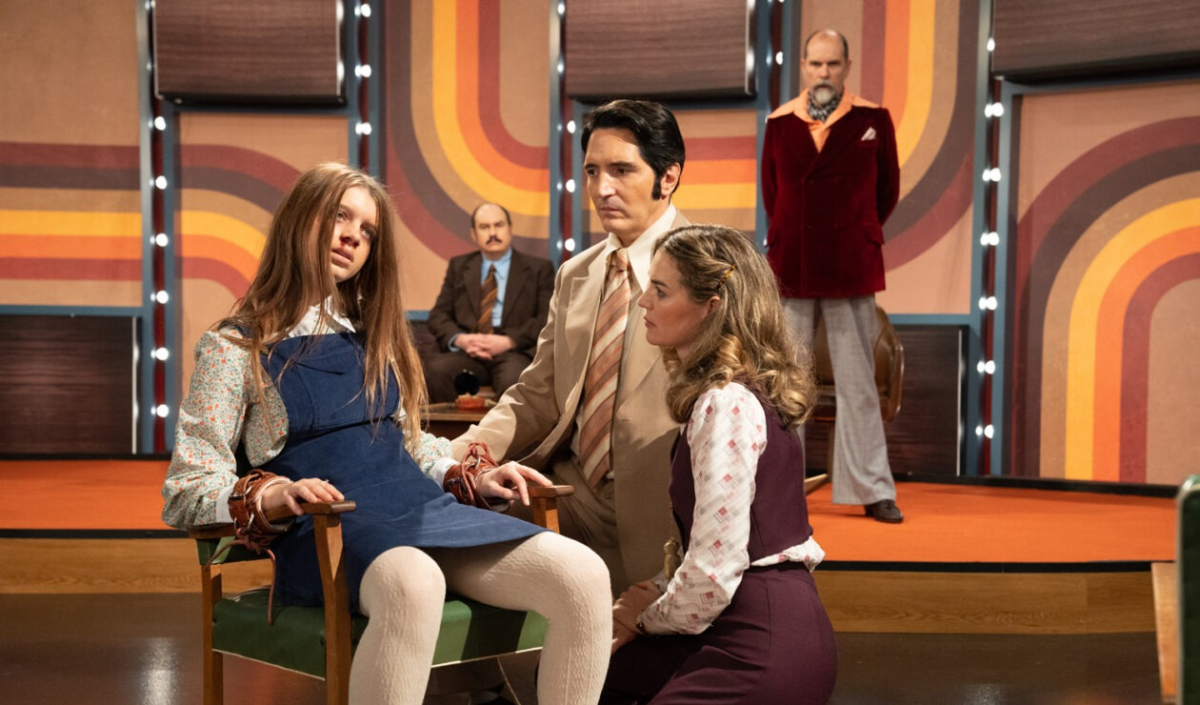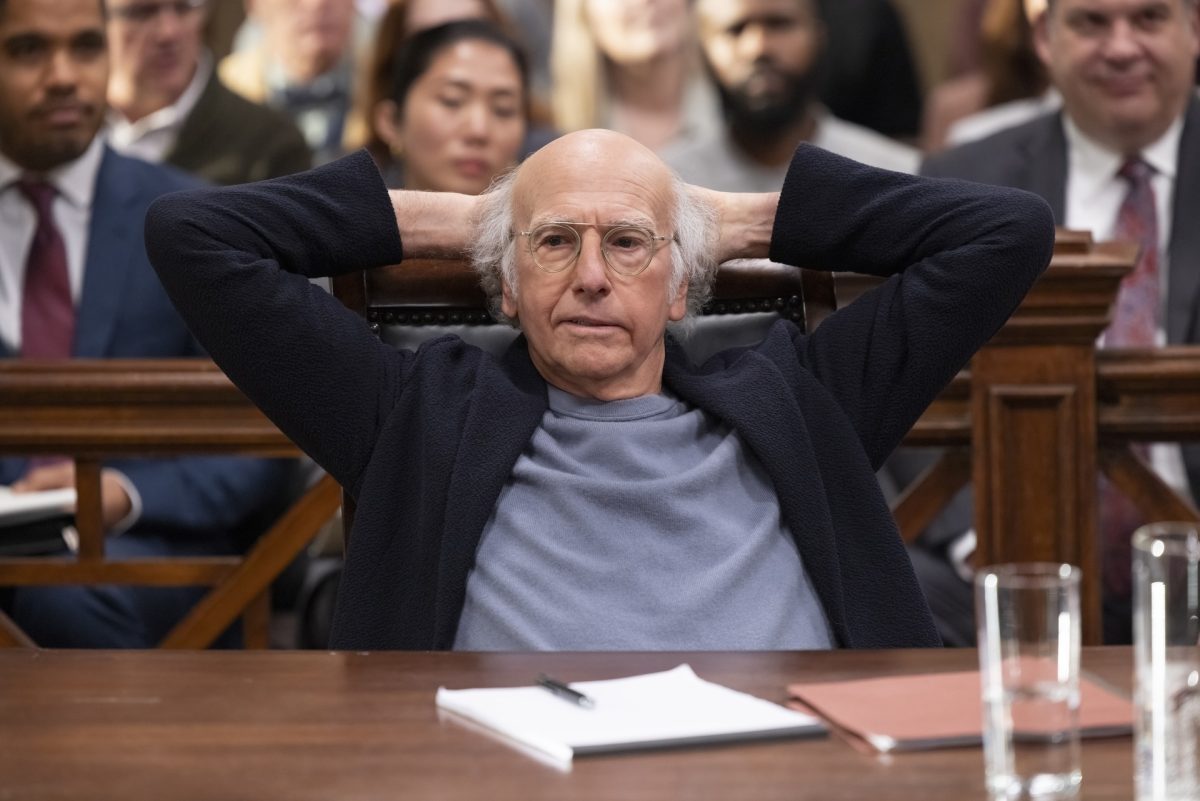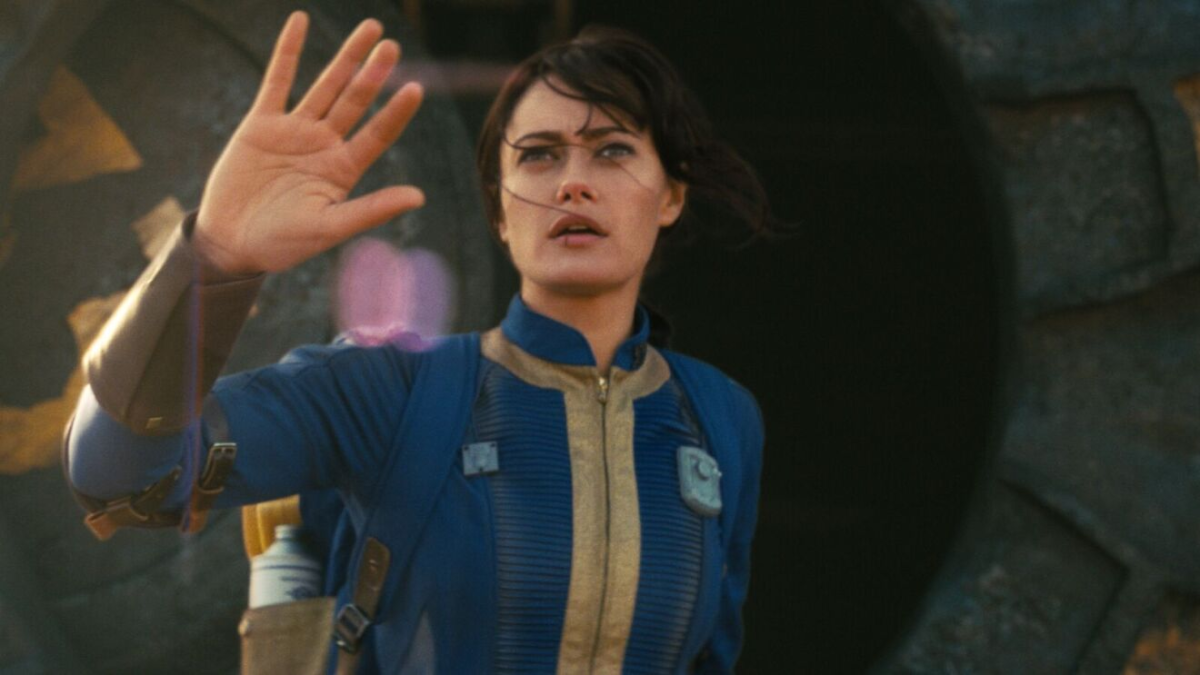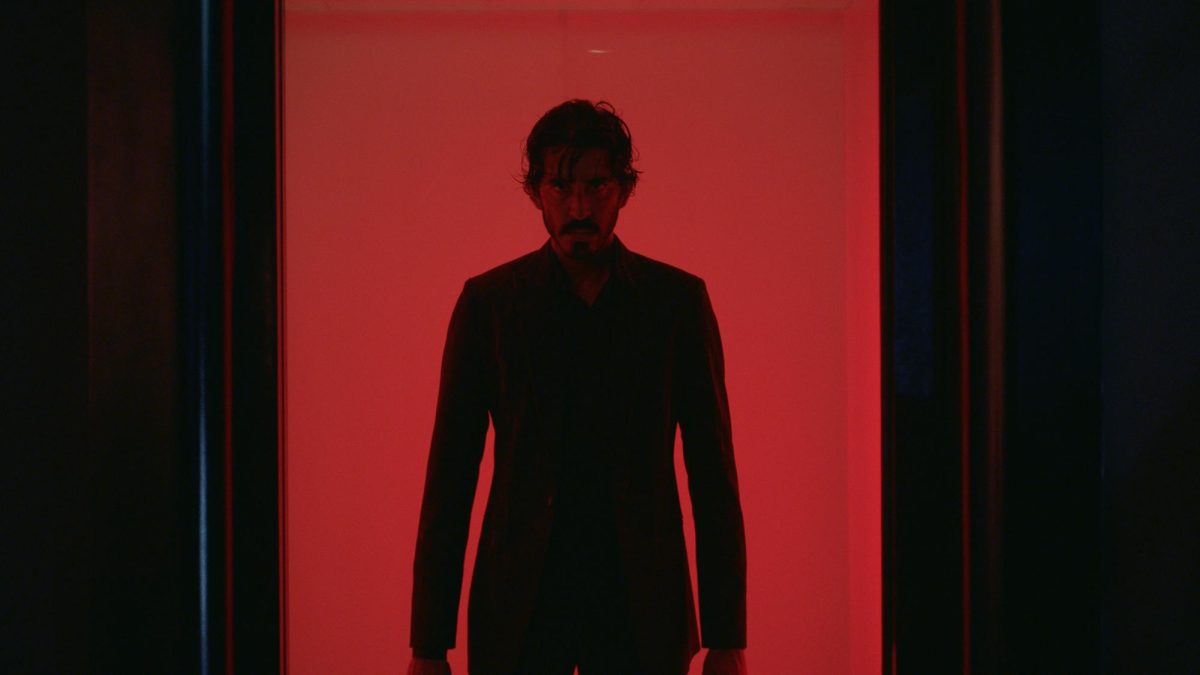Adapting one of Shakespeare’s plays to filmscreen is a daunting task. With the Netflix original film “The King,” director David Michôd undertook the ambitious project of adapting three of the Bard’s historical plays. The “Henry V” plays follow young Henry’s rise to becoming the king of England and his war against France.
Creating movies from Shakespeare’s plays has a long history in cinema. Adaptations vary widely from detailed historical recreations to modern retellings with films such as Baz Luhrmann’s “Romeo + Juliet,” which sets the story in Los Angeles with Leonardo DiCaprio as a young Romeo.
Directors such as Kenneth Branagh and Laurence Olivier go for more direct and faithful representations of Shakespeare, while other directors like Orson Welles use the plays as a jumping-off point. In order to learn more about the “Henry V” plays and the history of Shakespeare in cinema, The Daily Texan sat down with the director of UT’s Shakespeare at Winedale program, James Loehlin.
The Daily Texan: What are some challenges filmmakers face in adapting Shakespeare’s plays, and what do you consider some of the more successful adaptations?
James Loehlin: The plays themselves are so rich, varied and complex; they can sustain a really wide range of interpretations. You can have some films that are very historical and faithful to the text and some that are more creative. There are successful adaptations of both kinds. Film is primarily a visual, rather than verbal, medium by comparison to Shakespeare’s theatre. Most Shakespeare films have to cut a fair percentage of the text if they’re using the original text to make up time for establishing shots, battle scenes and the other kinds of visuals that we associate with films. It’s a challenge to have a highly verbal Shakespeare film. I think that the Kenneth Branagh “Hamlet” is not bad, and I think the Laurence Olivier films are reasonably successful as well. But as cinema, some of the more creative films by people like Kurosawa and Orson Welles rank a little higher.
DT: What other films focus on “Henry V” plays, and which films do you think did the best at translating the plays to the screen?
JL: The two films of “Henry V,” Olivier’s from the 1940s and Branagh’s, are two of my very favorites. I love to study them together in terms of their different techniques and representations of Henry, their different representations of war, different ways of engaging with the idea of the chorus and the imagined world of the play. I also love “Chimes at Midnight” which is Welles’ celebration of Falstaff as well as a recognition of the tragedy of Falstaff. That’s quite a strong adaptation; it cuts a lot, and it rewrites a lot. It’s much further from the text than either of the Olivier or Branagh films in terms of altering, changing and compressing (the text of the play). So, (“Chimes at Midnight”) is one step along the road toward something like “The King.”





















